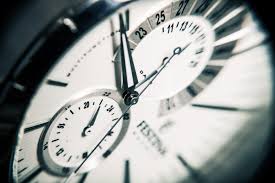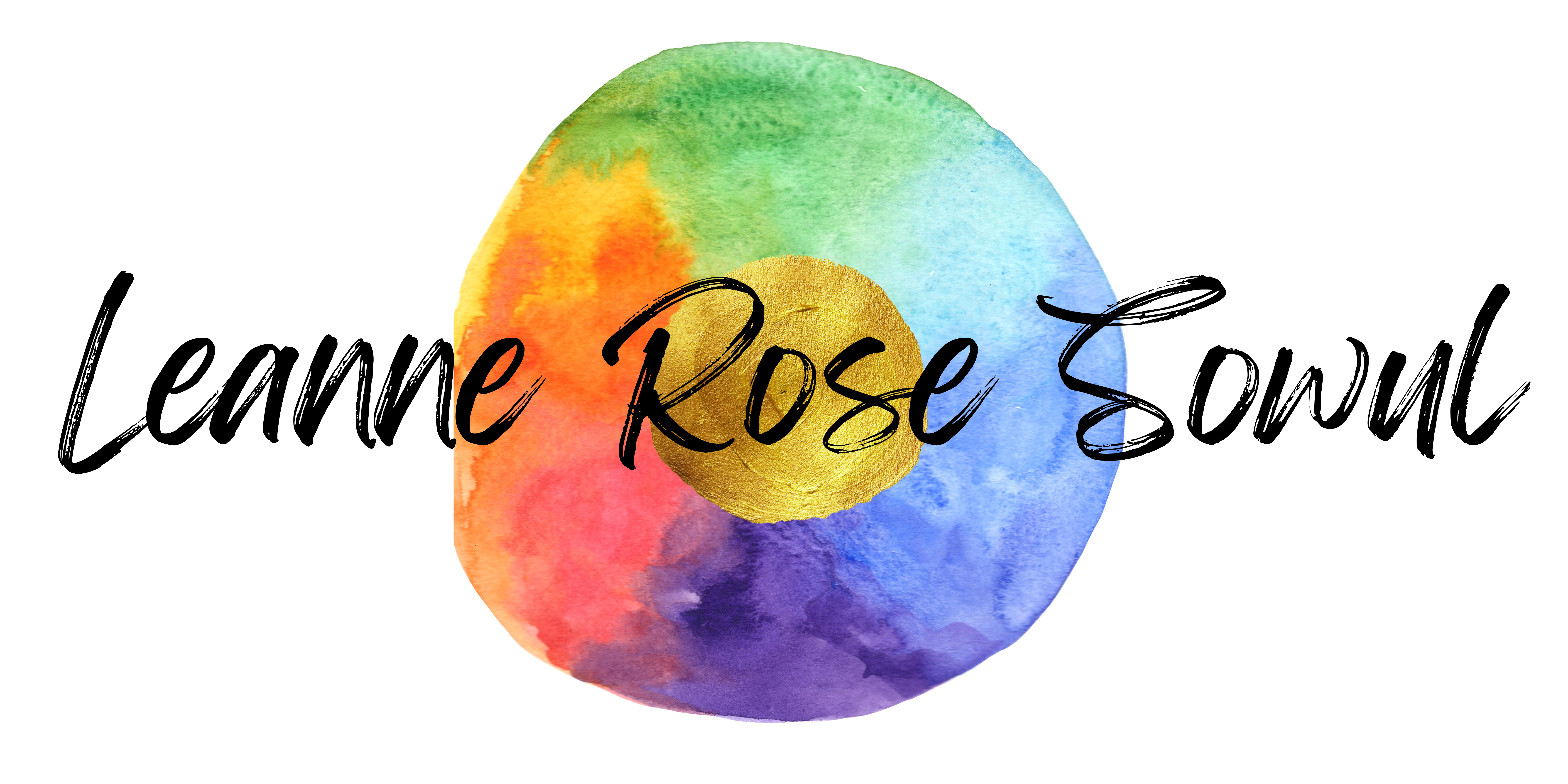Americans, more than any other nationality on earth, are obsessed with efficiency. In fact, it was America that gave birth to the Efficiency Movement, spearheaded by Frederick Taylor in the late nineteenth and early twentieth centuries. Taylor would come into factory and construction settings and study them until he came up with the most efficient method for each job on the line. He would then help train the employees so that everyone was working at maximum efficiency. This would theoretically save the company money and manpower, and increase profits.
The trouble was, Taylor often did not take into account that not everyone can be as efficient as the most efficient worker, nor that it is impossible for even that most able worker to be at maximum output for every hour of the working day. And so, Taylor would make hugely overblown estimations, such as that every man could shovel a certain tonnage of coal per day, based on multiplying the production of just one man for one hour of the day. Naturally, the factory would fall behind in their predicted work, and workers would burn out from exhaustion.
The study of efficiency and scientific management did improve and become better-implemented over time, and now almost every aspect of American life is based on the principle that we all can and should do more with less time. Want to cook faster? Invent the microwave. No time to fly across the world for a business meeting? Hello, Skype. Think shopping is a waste of time? Anything you want can be delivered to your door!
And yet, despite all that “extra” time, some of us are still making Taylor’s mistake of assuming that it is possible to be at 100% productivity all of the time.
And by some of us, I mean me. And people like me.
Working toward maximum efficiency and productivity can be a great thing. I can now write more words per hour than ever before; I can plan a lesson or make a grocery list or rehearse a piece of music faster than I could when I first started doing those things. But all that efficiency comes at a price, and it is this: I believe that I can always get better and faster, and at some point, that becomes untrue. I push myself to set goals that I can’t feasibly maintain. I make faulty assumptions, such as if the first half hour of my day is incredibly productive, then I can plan a similar project for the last half hour that will be just as productive.
But time is not energy. A half hour at 5:30AM is not a half hour at 9:30PM. And physically, like Taylor’s coal shovelers, I can’t handle the same amount of work every hour of the day. I want to be able to. I look at that incredibly productive time slot and think, “If I just scheduled another 15 minutes later in the day, how much more could I accomplish in a day, a week, a month?” But the truth is, if I keep trying to add more and more, I eventually burn out. I get sick. I get tired and angry and lose patience with people I love. I’m making Taylor’s mistakes with my own corporation of one.
This, apparently, is because I am an Upholder. Gretchen Rubin (author of The Happiness Project and Better Than Before, a ground-breaking book about habits) discussed this on her podcast, Happier, this week. Rubin, like me, is an Upholder. One of our joint traits is that our habits tend to “tighten” over time, unlike other personality types (according to Rubin: Obliger, Questioner, Rebel) whose habits tend to loosen. We Upholders always believe we can do more and better, and so we keep attempting to do more and better, and if we are not careful, our habits become a noose instead of a structure for a happy, healthy life.
I agree with Rubin; I believe I’ll be struggling with this aspect of my personality for the rest of my life. I love efficiency and productivity, and I feel pride for being good at those things. But the things I most prize about myself are also my greatest stumbling blocks.
Is anyone else out there like this? Do you put so much stock in efficiency and productivity that it sometimes erodes your good sense and even your health?
Are you an Upholder? (If you’re not sure, there is a quiz on Rubin’s website.) If so, how do you avoid the “tightening” of your habits?

This was an interesting post, Leanne. I think efficiency can become a “false god.” Is more always better? What is lost in the name of efficiency? I read a book a couple of years ago that you might like, called World Enough and Time, by Christian McEwen. It’s about creativity and slowing down.
I am an Obliger, and I find that I try to keep up with others’ production and pace, and that’s not always ideal for me. I never feel like I’m doing enough.
A false god… I like that analogy. What else in our lives is a false god? Americans are, I think, passionate and worshipful people, and thus I think we tend to create more false gods than other cultures.
Thank you for the book recommendation!